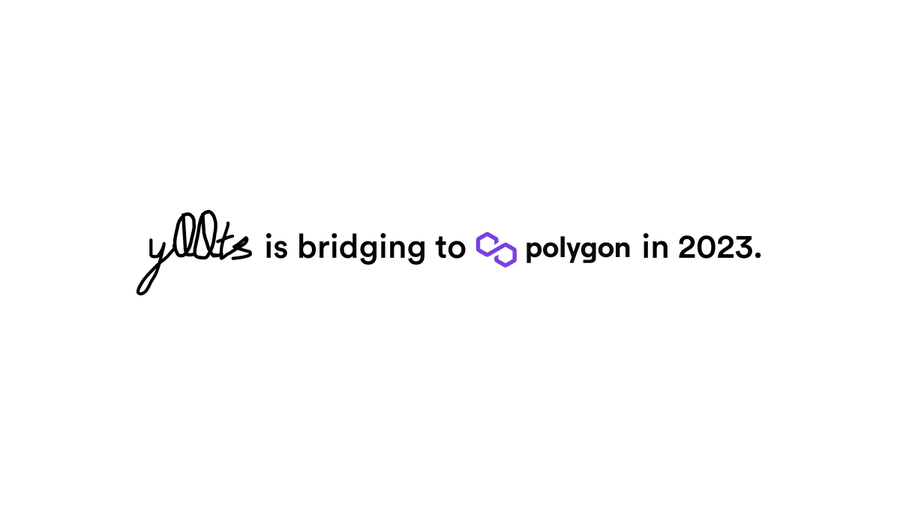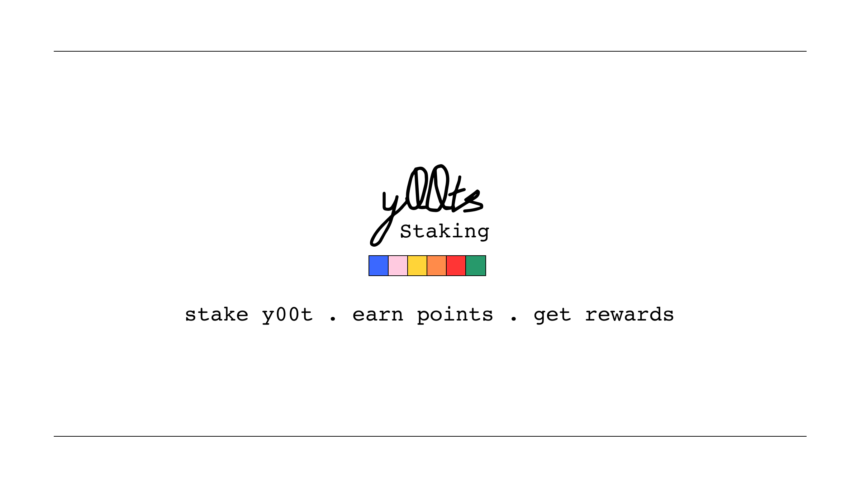Today, y00ts announced their departure from Solana to start afresh on the Polygon blockchain in Q1 2023. They will be the first to bridge two blockchains of this scale, and to ensure that the process is secure and reliable, the details of their bridge will only be released once it has been tested. In the meantime, y00ts will release an official roadmap for Season 2 in January, giving users an insight into the upcoming features and developments. This move marks an exciting step forward for the project and is sure to bring plenty of new possibilities to the blockchain space.

Why NFTs projects leave Solana
NFTs projects are leaving the Solana blockchain due to its high transaction fees, slow speeds, and lack of scalability. Solana’s on-chain transaction fees are amongst the highest in the industry, making it difficult for projects to remain profitable. Additionally, its current throughput of 50,000 transactions per second is too slow to meet the demands of NFTs projects. Lastly, its scalability is limited due to its consensus algorithm, which can make it difficult for projects to scale up operations. As a result, many NFTs projects have decided to look for alternatives that can better meet their needs.
More about y00ts
Y00ts are a unique type of collectible item. They come in all shapes and sizes, from small figurines to large plushies. Each y00t is uniquely designed and made with special attention to detail. The website offers a wide variety of y00ts to choose from, ranging from cute and cuddly animals to superheroes and villains. Collectors enjoy the challenge of finding and assembling a set of y00ts that match in color, theme, and style. With the variety of y00ts and the customization options available, collecting y00ts can be a fun and rewarding activity for anyone.
More about Polygon Network
The Polygon Network is an innovative new blockchain platform that is designed to make the development of decentralized applications and technologies easier and more accessible. It is based on the Ethereum blockchain and provides developers with a range of tools and features to help them build decentralized applications in a simpler and more efficient way. The network also supports a variety of different technologies, including smart contracts, tokenized assets, and interoperability. Polygon has also created its own token, MATIC, which is used to pay for network fees and as a form of currency for users to transact on the network. With its range of features and tools, the Polygon Network is quickly becoming one of the most popular platforms for developers and users alike.
